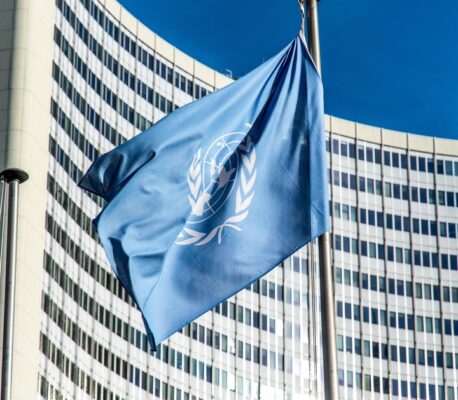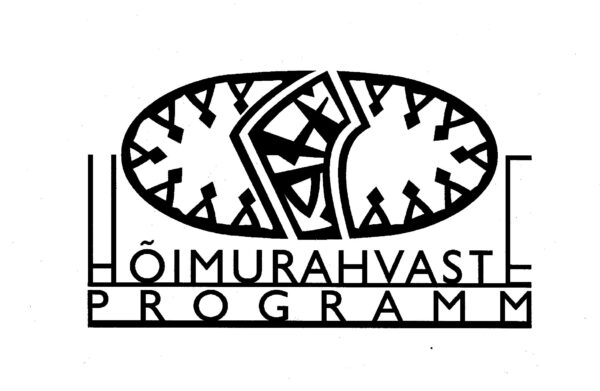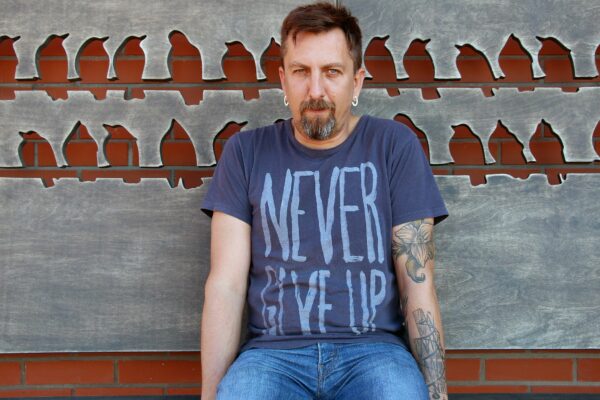The winners of the Kindred People’s Literary Award are Ķempi Kārl and Aado Lintrop
On 1 November, in commemoration of the Udmurt writer and social activist Kuzebai Gerd (1898–1937), the Kindred Peoples’ Programme traditionally announced the winners of the Literary Award.
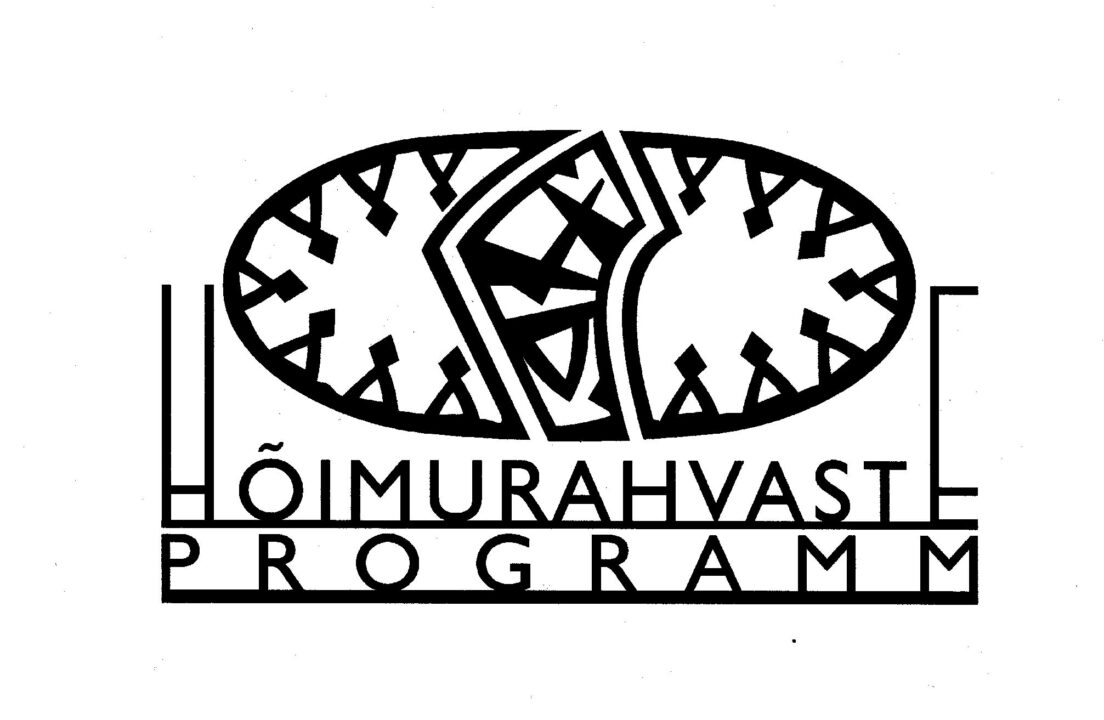
‘It is remarkable that this year’s winners of the Literary Award are people who are both very good poets and very good scholars,’ said Eva Toulouze, member of the Literary Award jury.
In the fiction category, the prize was awarded to Ķempi Kārl for the Salaca Livonien poetry collection ‘Ēzkyrdiz vīzd’ (‘Ways of Proximity’, 2023). Behind the mysterious Finno-Ugric poet’s pseudonym Ķempi Kārl is the linguist Karl Pajusalu, who has made an invaluable contribution to the promotion of Livonian culture and history and the development of the Livonian language. Pajusalu has a profound knowledge of the subtleties of the Salaca Livonian language and can be said to have revived Salaca Livonian. The jury pointed out that his third collection of poetry, ‘Ēzkyrdiz vīzd’, is outstanding both linguistically and literarily: ‘With his compelling poetry, in which nature motifs intertwine with linguistic puns and contemporary subject matter, he has given the Livs something unique that they never had before.’ The poetry collection includes translations into Latvian and Estonian, in addition to the original texts.
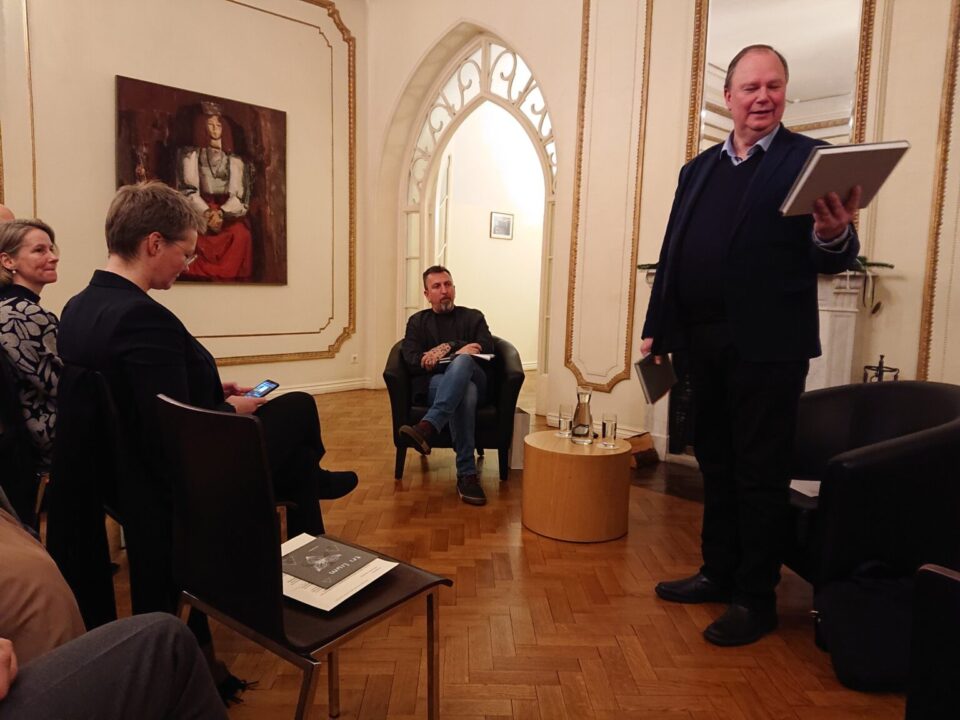
According to Valts Ernštreits, Director of the Livonian Institute at the University of Latvia, Ķempi Kārli’s poems are exemplary and inspiring: ‘He not only uses the Livonian language of Livonia in his poems, but also creates the mood and spirit of the Livonian world in his home region. His poems have been set to music and choral songs. His poems have been translated into Estonian, Latvian, English, Finnish, Hungarian and other languages.’
Aado Lintrop was awarded the Literary Award for the promotion and introduction of literature of stateless Finno-Ugric peoples in Estonia. Aado Lintrop is a folklorist, scholar of religion and Finno-Ugric poet. The collection of Mansi folklore he compiled and translated, ‘The City on an Iron Horse with Seven Wings’ (2019), is an outstanding work that conveys the poetry and depth of Mansi oral tradition. Annotated, it is an essential guide to Mansi language and culture. But this work is just one part of Lintrop’s long-standing commitment to the transmission of Finno-Ugric folklore and literature. He has participated in numerous field trips, published scientific research as well as works of fiction, translated kindred folklore into Estonian, created Finno-Ugric online communities and made documentary films. In 2014, as a result of his long-term research, the collection ‘Stories of the Creation Era’ was published, in which the author’s writings analysing the folklore of the peoples of Northern Eurasia are juxtaposed with translations of Nganasan, Mansi, Khanty and Udmurt folklore texts. ‘In his philosophical journeys, he has gone from fairy tales to shamanism and back again,’ said jury member Jürgen Rooste, describing Aado Lintrop’s long and varied career.
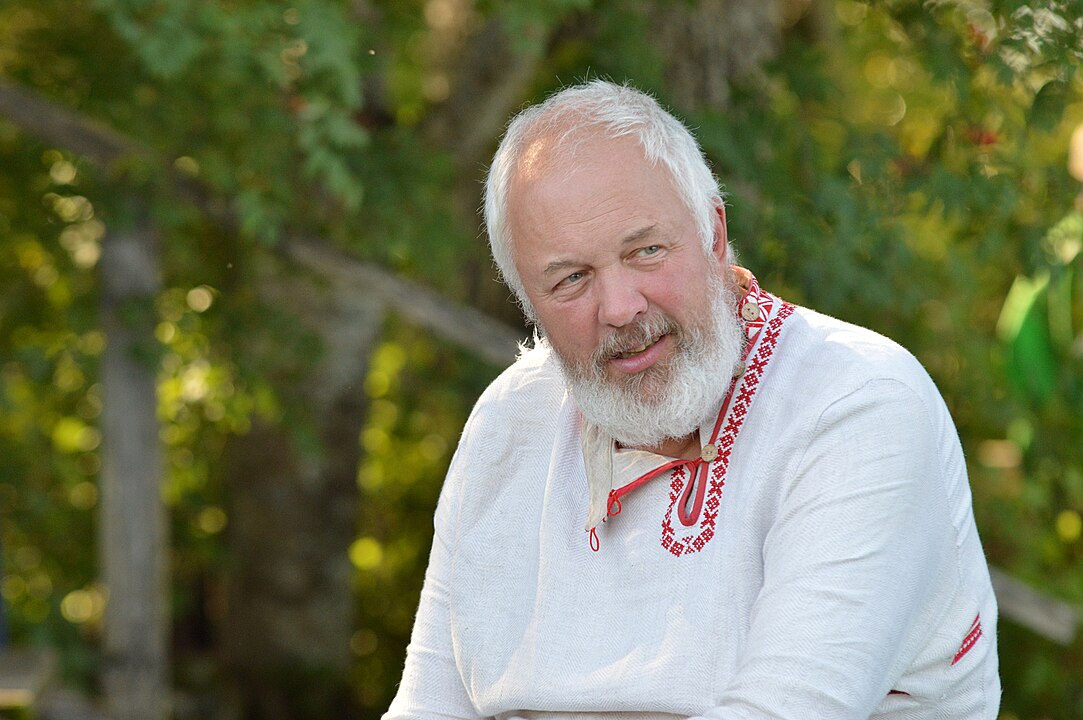
The Kindred Peoples’ Programme of the Ministry of Education and Research, in cooperation with the Association of Finno-Ugric Literatures, has been awarding the Literary Award since 2007. The aim of the award is to recognise the work of authors or translators of the literature of kindred peoples without their own statehood. This year, the jury included Eva Toulouze, Indrek Koff, Jaan Õispuu and Jürgen Rooste. The award amounts to €2500.
ADDITIONAL INFORMATION:
Marika Alver
marika.alver@eki.ee
Kindred Peoples’ Programme Coordinator
